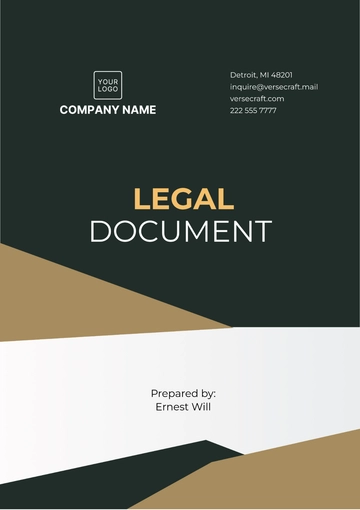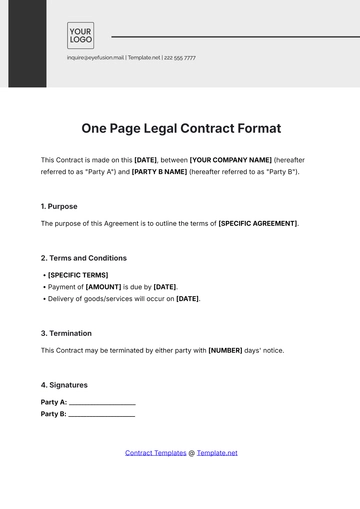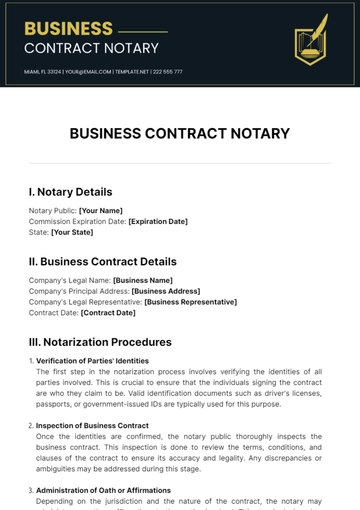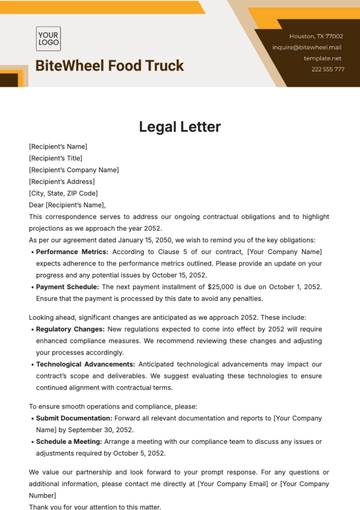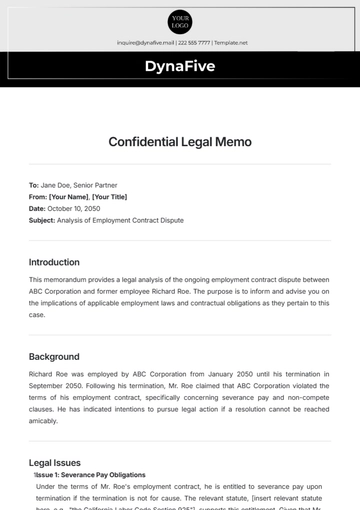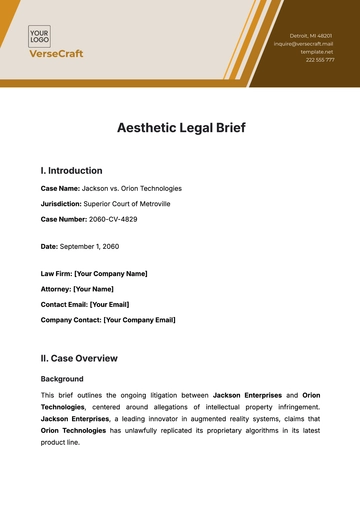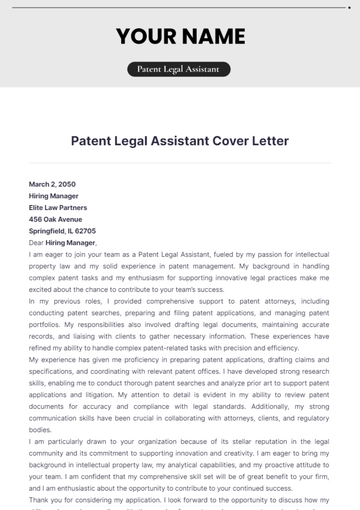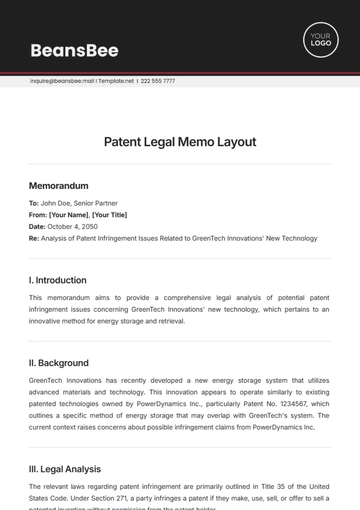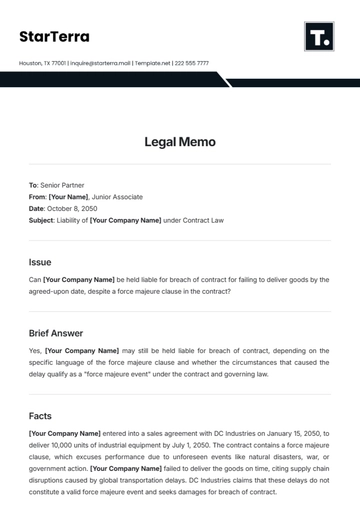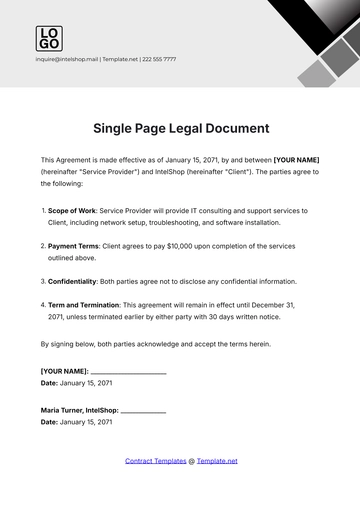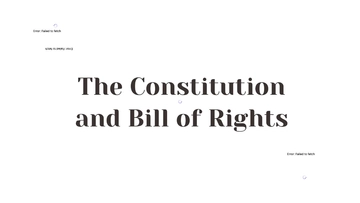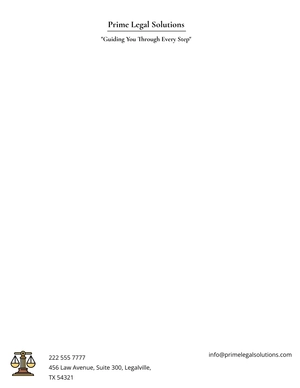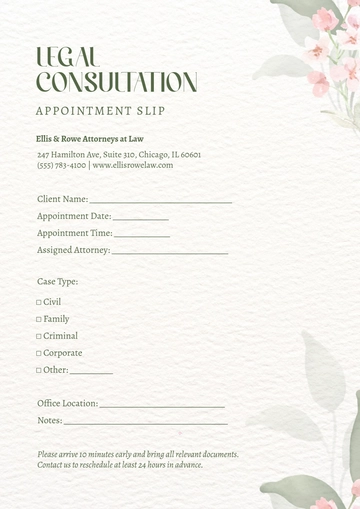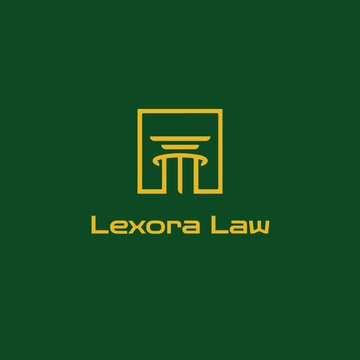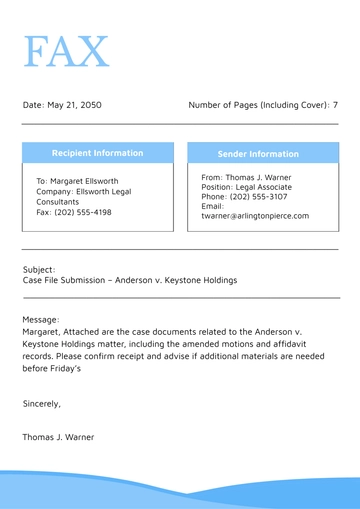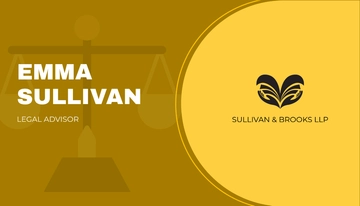Free Law Firm Quality Assurance Guide
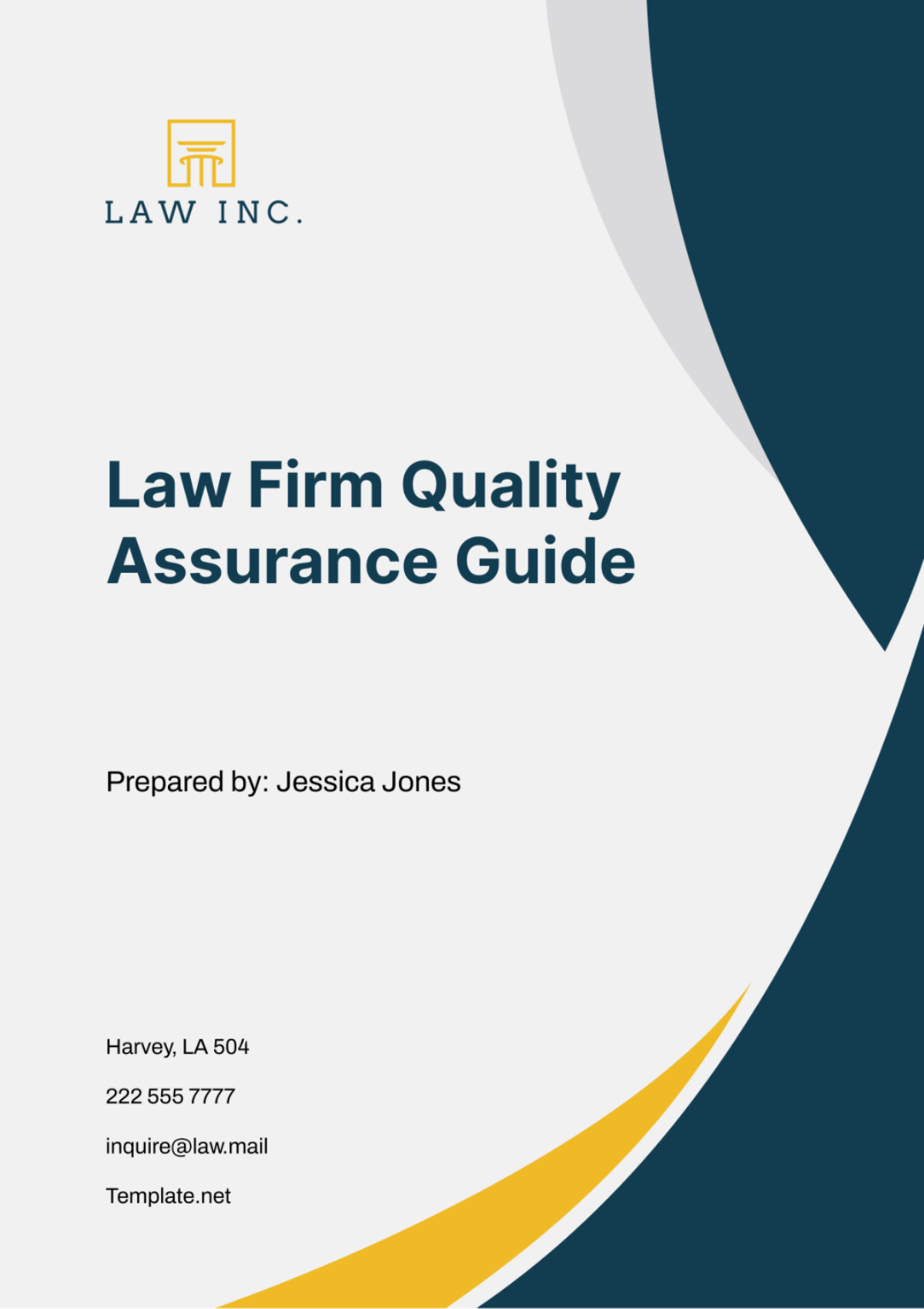
I. Introduction
The purpose of this Quality Assurance Guide is to delineate the standards and practices that underpin our commitment to excellence in all facets of our legal services. We aim to ensure the highest quality in service delivery, maintain consistent client satisfaction, and uphold our reputation as a leader in the legal community. This guide applies to all departments within our firm, encompassing a range of activities from case handling and client interactions to internal audits and training. Our intention is to create a culture where quality is ingrained in every action we undertake and every decision we make.
II. Quality Assurance Policy
Our firm is committed to a fundamental policy of quality assurance in every aspect of our operations. We believe that maintaining high standards is not only beneficial to our clients but also essential for our long-term success and stability in the legal market. As part of this commitment, we have set forth specific goals and objectives to guide our quality assurance efforts:
Consistency in Service Delivery: Ensure that all legal services are delivered consistently, meeting both the firm’s standards and client expectations.
Continuous Improvement: Continuously assess and improve our practices to enhance service quality and efficiency.
Client Satisfaction: Achieve and maintain high levels of client satisfaction through excellent service delivery and effective communication.
Compliance and Ethics: Adhere to all regulatory requirements and ethical guidelines, ensuring that our practices not only meet but exceed the required standards.
Employee Engagement: Foster a work environment where all employees are motivated to participate in and contribute to our quality assurance initiatives.
III. Standards and Procedures
A. Professional Standards
We uphold a set of rigorous professional standards to ensure that all members of our firm perform their duties with the utmost integrity, competence, and diligence. These standards are critical to maintaining the trust of our clients and the respect of our peers within the legal community:
Ethical Conduct: Adherence to the ethical rules and guidelines set forth by the legal profession, including confidentiality, conflict of interest, and professional responsibility.
Competence: Maintaining a high level of knowledge and skill in our areas of practice, continually updated through education and experience.
Diligence: Commitment to providing diligent and prompt service to our clients, ensuring that their legal needs are met in a timely and effective manner.
Professionalism: Exhibiting professionalism at all times, which includes courtesy, respect, and good judgment in all interactions, whether with clients, courts, or other counsel.
B. Service Delivery Standards
Our service delivery standards are designed to ensure that all client interactions and legal services are conducted at the highest level of professional excellence:
Timeliness: Completing all legal work within agreed timelines and promptly responding to client inquiries and communications.
Accuracy: Ensuring all legal documents and advice are accurate, thorough, and reflective of current law.
Client-Centered Service: Placing client needs and objectives at the forefront of all decision-making, tailored to meet their specific legal situations and goals.
Confidentiality: Maintaining the strictest confidentiality with all client information, protecting their privacy and the integrity of their legal matters.
C. Client Communication Standards
Effective communication with our clients is essential to providing high-quality legal services and building lasting client relationships. Our communication standards include:
Clarity and Transparency: Communicating legal concepts and case developments in a clear and understandable manner, ensuring clients are fully informed about their cases.
Responsiveness: Responding to client communications promptly, typically within one business day.
Regular Updates: Providing regular updates on case progress and developments, ensuring clients are never left in the dark regarding their legal matters.
Accessibility: Ensuring clients have direct access to their attorney or a designated team member to discuss their case as needed.
IV. Client Feedback and Complaints
We recognize that client feedback and the management of complaints are vital to our continuous improvement and client satisfaction. We actively encourage our clients to provide feedback on our services to better understand their needs and expectations. The complaint management process is structured to ensure all concerns are addressed promptly and effectively:
Receipt of Complaint: All complaints received by phone, email, or in person are documented and acknowledged within one business day.
Investigation: A dedicated team investigates the complaint to determine the underlying issues and identify potential solutions. This process typically completes within five business days.
Resolution: We aim to resolve complaints to the client's satisfaction, offering possible remedies or explanations for the issues raised.
Follow-Up: After the complaint is resolved, follow-up communication is made to ensure that the client is satisfied with the resolution and to gather any additional feedback.
Documentation and Review: All complaints and their resolutions are documented for future reference and reviewed quarterly to identify any recurring issues or trends that may require broader changes to our practices.
V. Quality Control Systems
A. File Review and Audits
Our firm conducts regular file reviews and audits to ensure compliance with our professional standards and service delivery commitments. File reviews are scheduled quarterly, with random audits conducted semi-annually to assess the adequacy of file handling, the accuracy of legal documents, and adherence to client confidentiality protocols.
B. Performance Monitoring
Monitoring the performance of our attorneys and staff is crucial for maintaining our standards of excellence. Our performance monitoring methods include:
Client Satisfaction Surveys: Regular surveys to gauge client satisfaction and gather insights on areas for improvement.
Peer Reviews: Periodic reviews by colleagues to assess the quality of legal work and provide constructive feedback.
Performance Metrics: Use of key performance indicators (KPIs), such as case outcomes, client retention rates, and response times, to objectively measure performance.
C. Risk Management
Effective risk management is integral to our quality assurance framework. Below is a table outlining common risks, their likelihood, impact, and our mitigation strategies:
Risk | Likelihood | Impact | Mitigation Strategies |
|---|---|---|---|
Data Breach | Medium | High | Implement advanced cybersecurity measures, regular IT audits |
Client Dissatisfaction | Low | High | Continuous training in client service, regular review of feedback |
Legal Error | Low | Very High | Continuing legal education, peer review, and double-checking of work |
Regulatory Non-compliance | Low | Very High | Regular updates and training on regulatory changes, compliance audits |
VI. Training and Development
In our commitment to excellence, we place a strong emphasis on training and development for all our team members. This not only enhances their professional skills but also ensures they remain compliant with evolving legal standards and our internal quality assurance requirements. Our structured training programs are designed to cover a wide range of topics relevant to our practice and operational efficiency:
Program | Frequency | Duration |
|---|---|---|
New Hire Orientation | Upon Hiring | 2 Days |
Ethics and Compliance Update | Annually | 1 Day |
Cybersecurity Best Practices | Biannually | Half-day |
Client Service Excellence | Quarterly | Half-day |
Legal Skills Development | Annually | 2 Days |
VII. Compliance and Legal Obligations
Our firm rigorously adheres to all applicable legal and regulatory requirements to not only safeguard our practice but also protect our clients' interests. Ensuring compliance is a core component of our quality assurance strategy. We continuously monitor and evaluate our compliance practices to align with both current law and ethical obligations. Here are some key U.S. laws and regulations that we adhere to:
Sarbanes-Oxley Act (SOX): For proper corporate governance and financial transparency.
Health Insurance Portability and Accountability Act (HIPAA): To ensure the confidentiality and security of healthcare information.
Fair Labor Standards Act (FLSA): Compliance with employment law regarding hours, wages, and overtime.
Americans with Disabilities Act (ADA): To prevent discrimination and ensure accessibility for individuals with disabilities.
Dodd-Frank Act: Particularly relevant for financial and investment practices within our firm.
- 100% Customizable, free editor
- Access 1 Million+ Templates, photo’s & graphics
- Download or share as a template
- Click and replace photos, graphics, text, backgrounds
- Resize, crop, AI write & more
- Access advanced editor
Explore the Law Firm Quality Assurance Guide Template from Template.net, ideal for maintaining high service standards. Easily editable and customizable in our AI Editor tool, this template allows you to fine-tune quality control measures specific to your firm’s requirements, ensuring consistent client satisfaction and operational excellence.
